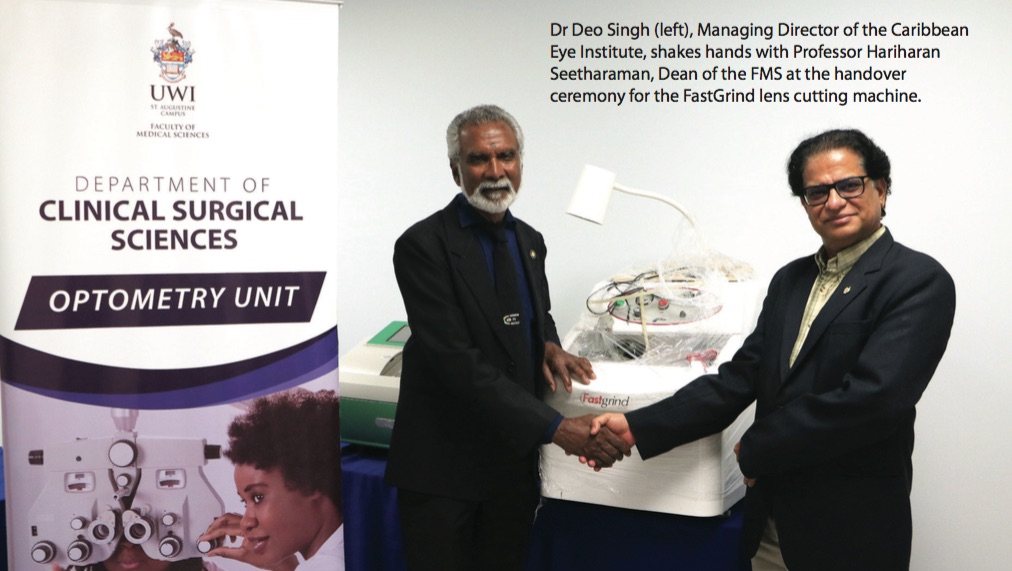
Sacha Cosmetics is one of Trinidad and Tobago’s biggest business success stories, a locally international brand recognised for its innovation. Now, the company’s founder, Senator Satyakama “Kama” Maharaj is sharing the story of its rise in his new book, Building a World Class Brand on a Shoestring Budget. The launch was held on November 3 at UWI St Augustine’s University Inn and Conference Centre.
“More than a business success story,” a statement from The UWI read, “this publication provides a powerful and personal look into the vision, grit, and determination behind one of the Caribbean’s most celebrated beauty brands. Kama Maharaj’s journey stands as a shining example of what can be achieved when creativity, courage, and purpose unite to redefine the landscape of Caribbean entrepreneurship.”
Senator Maharaj, who is Trinidad and Tobago’s Minister of Trade, Investment, and Tourism, told those in attendance that he wrote the book because there were few works of its kind for business people from the developing world.
Building a World-Class Brand, a promotional note read, tells the story of how he “went from mixing formulas on his kitchen table to developing Sacha Cosmetics into one of the world’s longest-standing inclusive beauty brands, ultimately earning him a place in the World Entrepreneur Hall of Fame in Monte Carlo”.
Building a World Class Brand on a Shoestring Budget can be purchased at Amazon.